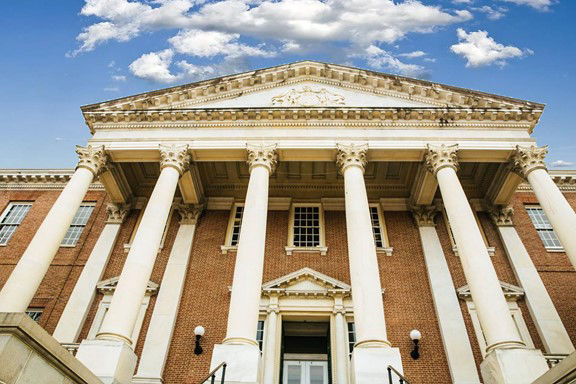
Brian Wall, Vice President - AdaptiveHR
Maryland House Committee Approves Cannabis Legislation; Full House Approves.
Maryland voters may have the opportunity to vote on legalizing recreational marijuana under a bill approved by a Maryland House Committee and passed through the MD house by a 96-34 vote. Maryland residents could be voting on the cannabis legislation as a constitutional amendment on the November ballot.
Before that happens, however, the proposed legislation must also pass the Maryland Senate, which has its own competing bill to establish a regulatory framework sooner and without amending the constitution.
Under House Bill 1, recreational marijuana use would become legal for adults 21 and over as of July 1, 2023. If passed by the full legislature, this question could be up for voting by Maryland residents:
If voters approve House Bill 1, there is a companion piece House Bill 837, which would go into effect that provides specifics on cannabis possession, home cultivation, expungement, the re-sentencing of prior convictions, and funding for small, minority-owned and woman-owned businesses.
The legislation would repeal, replace, or change several existing criminal laws regarding marijuana. While it does not set up a licensing or regulatory system, it does provide the framework for a cannabis public health advisory council.
Legislators would also commission a review of the 2017 Business Disparities in the Maryland Market study to determine whether it applies to assisting women and minority-owned businesses or whether an additional study needs to be conducted.
